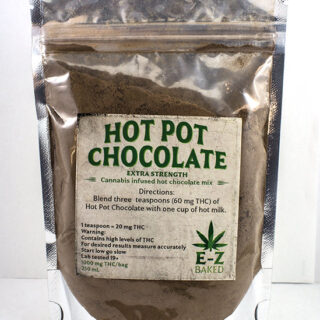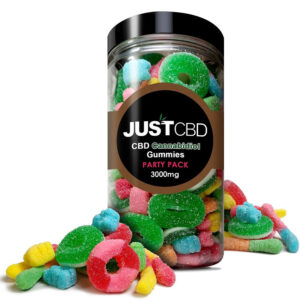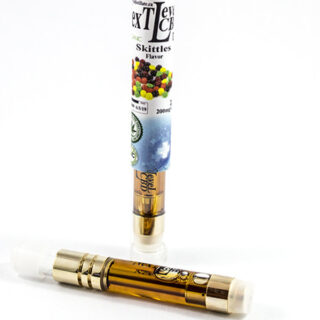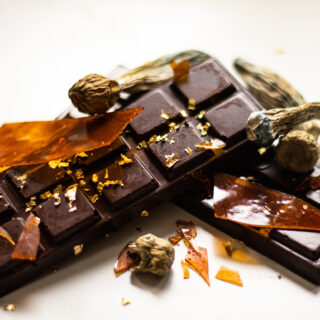Different strains of magic psilocybin mushrooms
Magic psilocybin mushrooms, commonly known as magic mushrooms or shrooms, are a group of fungi containing psilocybin, which converts into psilocin upon ingestion. These mushrooms are used recreationally and have a long history of cultural applications. They can cause a range of effects, from relaxation to hallucinations, and are classified as hallucinogens.
Psilocybin mushrooms have potential therapeutic benefits, with ongoing research exploring their use in treating mental health conditions like depression and anxiety. However, they also carry risks, including physical side effects and the potential for unpleasant experiences. The legality of magic psilocybin mushrooms varies by region, with restrictions on their use and distribution in many places.
what are the effects of magic psilocybin mushrooms
the key effects of magic psilocybin mushrooms (also known as magic mushrooms) include:Positive effects:
- Feelings of euphoria, happiness, and creativity
- Altered perception of reality, including hallucinations and distortions of senses like sound and vision
- Mystical or spiritual experiences, with a sense of oneness with the universe
Negative effects:
-
Anxiety, panic, paranoia, and fear, especially during “bad trips”
-
Confusion, disorientation, and impaired judgment
-
Physical symptoms like nausea, vomiting, numbness, increased heart rate and blood pressure
-
Risk of accidental ingestion of toxic mushrooms
-
Potential for triggering psychotic episodes, especially in those predisposed to mental illness
The effects can vary greatly depending on factors like dose, individual biology and mental state, and the setting/environment. Psilocybin is not considered physically addictive, but psychological dependence is possible. Overall, the effects of psilocybin mushrooms are complex, with both potential therapeutic benefits and significant risks. magic psilocybin mushrooms

how does psilocybin affect the brain
Psilocybin, the active compound in magic psilocybin mushrooms , affects the brain by interacting with serotonin receptors, particularly the 5-HT2A receptor. When ingested, psilocybin is converted into psilocin, which then binds to serotonin receptors in the brain, leading to altered perception, mood changes, and hallucinations. The effects of psilocybin on the brain include:
- Altered Perception: Psilocybin distorts how individuals perceive objects and people in their environment, leading to changes in sensory perception and thought patterns.
- Changes in Cerebral Blood Flow: Psilocybin induces changes in cerebral blood flow, affecting brain regions like the frontal and limbic areas, which can influence cognitive and emotional processing.
- Emotional and Brain Function: Psilocybin can alter brain function and emotions for up to a month after ingestion. It reduces negative mood, increases positive mood, and affects brain regions like the amygdala, prefrontal cortex, and insula, potentially enhancing emotional and brain plasticity.
These effects are influenced by factors such as dosage, individual characteristics, and expectations, highlighting the complex nature of psilocybin’s impact on the brain.
what are the potential therapeutic uses of psilocybin
The potential therapeutic uses of psilocybin, the active compound in magic mushrooms, are diverse and include:
- Treatment-Resistant Depression: Psilocybin has shown significant promise in treating depression that has not responded to other treatments, with studies indicating long-lasting benefits.
- Cancer-Related Depression and Anxiety: Psilocybin-assisted therapy has been found effective in reducing symptoms of depression and anxiety in patients with cancer.
- Alcohol Use Disorder: Psilocybin has been studied for its potential in treating alcohol addiction, with moderate-level evidence from several clinical trials.
- Tobacco Addiction: Psilocybin has also been investigated for its potential in treating tobacco addiction, with moderate-level evidence from several clinical trials.
- Obsessive Compulsive Disorder (OCD): Preliminary research suggests psilocybin may be useful in treating OCD.
- Cluster Headaches: Psilocybin has been found to have potential in treating cluster headaches.
- Migraines: Psilocybin has been studied for its potential in treating migraines.
- Demoralization with AIDS Diagnosis: Psilocybin has been found to have potential in treating demoralization in patients with AIDS.
- Anorexia Nervosa: Psilocybin has been studied for its potential in treating anorexia nervosa.
- Smoking Cessation: Psilocybin has been found to have potential in treating smoking cessation.
- Post-Traumatic Stress Disorder (PTSD): Psilocybin has been studied for its potential in treating PTSD.
- Bipolar Disorder: Psilocybin has been investigated for its potential in treating bipolar disorder.
- Chronic Pain: Psilocybin has been studied for its potential in treating chronic pain.
- Major Depressive Disorder: Psilocybin has been found to have potential in treating major depressive disorder.
- Obsessive-Compulsive Disorder (OCD): Psilocybin has been studied for its potential in treating OCD.
These therapeutic uses are supported by ongoing research, with many studies currently underway to further explore the potential benefits of magic psilocybin mushrooms in various mental health conditions
| Strains | Golden teacher, White penis envy, Australia mazatapec, -F+, Psilocybin cubensis, Hawaii |
|---|---|
| Quantity | ZIP, QP, HP, P |







Reviews
There are no reviews yet.